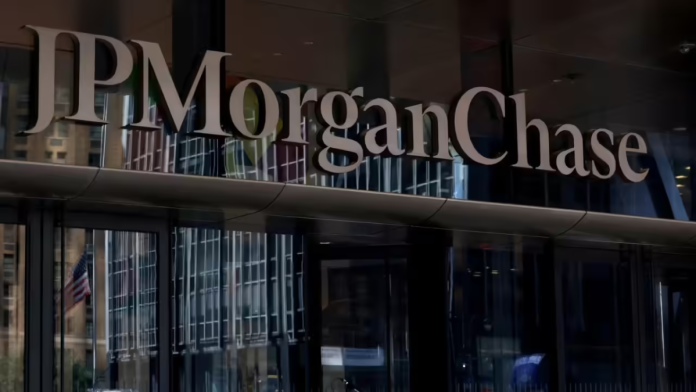Weeks after Jeffrey Epstein died in federal custody in 2019, JPMorgan Chase filed a report alerting U.S. authorities to tens of millions of dollars in suspicious transactions. The bank said it flagged about 4,700 transactions totaling more than $1 billion as possibly related to human-trafficking activity or other illicit money flows.
The filing is called a Suspicious Activity Report (SAR). Banks use SARs to notify regulators when something doesn’t look right with a customer’s money. Even though a SAR doesn’t equal proof of crime, it demands attention.
In this case, the SAR pointed at transactions connected to Epstein and several major Wall Street and business figures. Among those named were Leon Black of Apollo Global Management, hedge-fund manager Glenn Dubin, attorney Alan Dershowitz, and retail tycoon Leslie Wexner. The report mentioned wire transfers to Russian banks and noted the sensitive fact that Epstein had relationships with two U.S. presidents, including President Donald Trump and former President Bill Clinton.
Bank’s Relationship with Epstein: A Deep Dive
What makes this story more troubling is that JPMorgan had maintained a long-running relationship with Epstein despite repeated warnings. Employees inside the bank raised concerns that Epstein represented a “high-risk” client, citing large cash withdrawals and unusual transfers. Yet senior leaders kept the accounts open.
JPMorgan to Lobby Policymakers After Trump Slaps $100K Fee on H-1B Visas
Epstein served as a financial adviser to Leslie Wexner for nearly two decades, and the funds reportedly moved through his trusts and other bank relationships. For example, the SAR described around $65 million in wire transfers from the mid-2000s involving Wexner’s trusts, some of which Epstein administered.
Leon Black reportedly paid Epstein about $170 million and hundreds of thousands to women associated with him. Epstein also helped Glenn Dubin broker a hedge-fund sale to JPMorgan; he dated Dubin’s wife and was godfather to their children. Alan Dershowitz said his work for Epstein was strictly legal services.
Despite the serious questions, JPMorgan did business with Epstein for years — moving his funds overseas, lending him money, and helping set up payments — even while internal staff flagged the possibility of abuse or money-laundering. The bank said in its report that it had alerted regulators multiple times, but “it does not appear that anyone in the government or law enforcement acted on those SARs for years.”
Petra bill ignites firestorm over Epstein’s $170M link to Peter Thiel
Records Released: New Light on Hidden Deals
The SAR was made public this week after a federal judge, Jed S. Rakoff, ordered hundreds of pages of sealed records unsealed. These include internal JPMorgan emails showing how Epstein helped recruit tech-industry clients, including founders of Google, and discussions of tax-minimization strategies through complex trust structures. Epstein was said to introduce Google founders Sergey Brin and Larry Page to the bank; Brin reportedly placed over $4 billion into a JPMorgan account at Epstein’s urging.
JPMorgan has settled major lawsuits connected to Epstein’s operations. In 2023 it agreed to pay $290 million to his victims and $75 million to the U.S. Virgin Islands government, which alleged the bank facilitated trafficking on Epstein’s private island. The documents show the bank’s top executives were aware by mid-2019 of the Epstein connection, including CEO Jamie Dimon.
The newly released material does not provide full details of every transaction — many remain redacted — but it does paint a picture of how one of the largest U.S. banks was financially entangled with a man accused of orchestrating a trafficking scheme.
JPMorgan has since said it deeply regrets its ties to Epstein and has strengthened its systems to better detect suspicious activity. The release of these records reveals how deeply one of the world’s biggest financial institutions became linked to one of the most controversial figures of recent times — and how those ties may have allowed questionable money movements to go unchecked for years.


